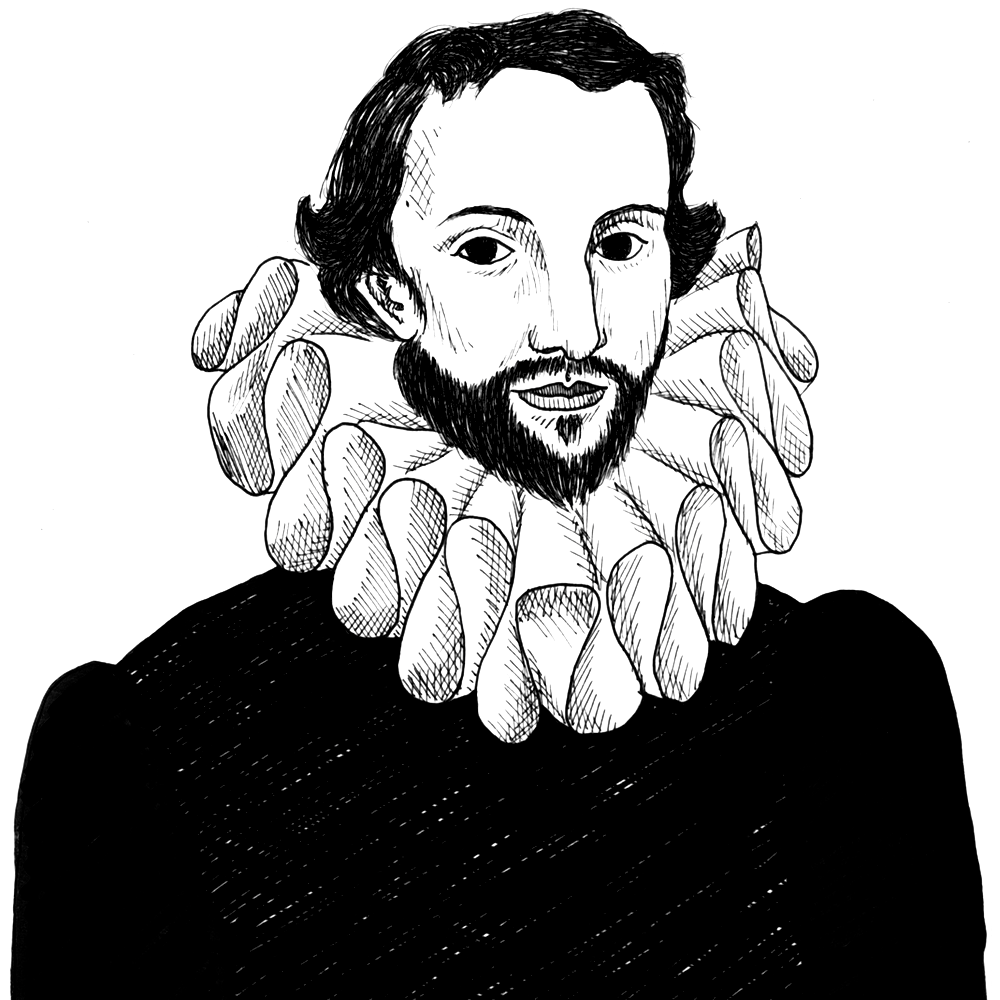
Sir Edward Coke explains one of the key sections of Magna Carta on English liberties (1642)
Found in: Selected Writings of Sir Edward Coke, vol. II
The English judge and Member of Parliament Sir Edward Coke (1552-1634) spelled out the full meaning of what it meant to have “English liberties.” Because he believed that “the liberty of a mans person is more precious to him, then all the rest that follow” he listed the nine “branches” which made up the “tree of liberty” as understood in the mid-17th century:
Law
Upon this Chapter [29], as out of a roote, many fruitfull branches of the Law of England have sprung…
This Chapter containeth nine severall branches.
That no man be taken or imprisoned, but per legem terrae, that is, by the Common Law, Statute Law, or Custome of England; for these words, Per legem terrae, being towards the end of this Chapter, doe referre to all the precedent matters in this Chapter, and this hath the first place, because the liberty of a mans person is more precious to him, then all the rest that follow, and therefore it is great reason, that he should by Law be relieved therein, if he be wronged, as hereafter shall be shewed.
No man shall be disseised, that is, put out of seison, or dispossessed of his free-hold (that is) lands, or livelihood, or of his liberties, or free customes, that is, of such franchises, and freedomes, and free customes, as belong to him by his free birth-right, unlesse it be by the lawfull judgement, that is, verdict of his equals (that is, of men of his own condition) or by the Law of the Land (that is, to speak it once for all) by the due course, and processe of Law.
No man shall be out-lawed, made an exlex, put out of the Law, that is, deprived of the benefit of the Law, unlesse he be out-lawed according to the Law of the Land.
No man shall be exiled, or banished out of his Country, that is, Nemo perdet patriam, no man shall lose his Country, unlesse he be exiled according to the Law of the Land.
No man shall be in any sort destroyed (Destruere. i. quod prius structum, & factum fuit, penitus evertere & diruere) unlesse it be by the verdict of his equals, or according to the Law of the Land.
No man shall be condemned at the Kings suite, either before the King in his Bench, where the Pleas are Coram Rege, (and so are the words, Nec super eum ibimus, to be understood) nor before any other Commissioner, or Judge whatsoever, and so are the words, Nec super eum mittemus, to be understood, but by the judgement of his Peers, that is, equalls, or according to the Law of the Land.
We shall sell to no man Justice or Right.
We shall deny to no man Justice or Right.
We shall defer to no man Justice or Right.